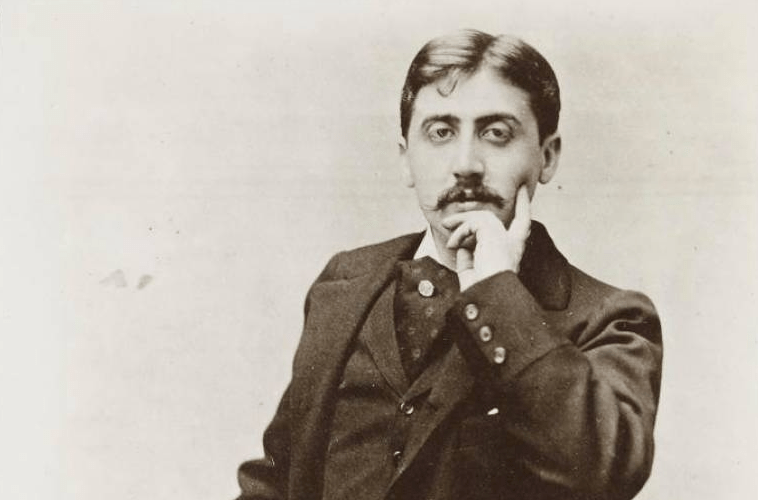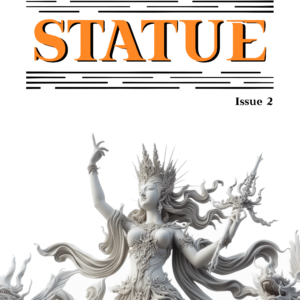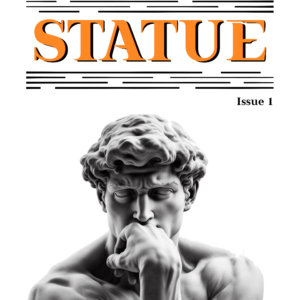Welcome to Literary Legends, articles in which we explore classic authors. If you are interested in more modern fiction, why not check out our Sensational Series articles here?
Marcel Proust, the French novelist best known for his monumental work “In Search of Lost Time” (À la recherche du temps perdu), holds a central position in the history of literature, particularly in the realm of fiction. His innovative narrative techniques, profound psychological insights, and exploration of memory and consciousness have had a lasting impact on the development of the novel as an art form.
“The real voyage of discovery consists not in seeking new landscapes, but in having new eyes.”
The Prisoner, 1923
Proust’s magnum opus, “In Search of Lost Time,” is a sprawling and multi-volume work that explores the nature of memory, time, and human experience. Through his protagonist, the introspective and sensitive narrator known simply as Marcel, Proust delves into the intricacies of memory and consciousness, offering readers a profound meditation on the nature of identity and the passage of time. One of Proust’s most significant contributions to fiction lies in his exploration of the subjective nature of memory and the ways in which it shapes our perception of reality. Through Marcel’s recollections of his past and his encounters with various characters, Proust reveals how memory can be both a source of comfort and a source of pain, shaping our understanding of ourselves and the world around us.
Incisive Commentary
Proust’s narrative style is characterised by its intricacy, depth, and complexity. His use of stream-of-consciousness narration and interior monologue allows readers to inhabit the mind of the protagonist, experiencing his thoughts, feelings, and memories in real time. This innovative narrative technique, which Proust referred to as “involuntary memory,” blurs the boundaries between past and present, reality and illusion, creating a richly textured and immersive reading experience. Proust’s meticulous attention to detail and his lyrical prose style further enhance the novel’s immersive quality, drawing readers into a world of sensory richness and emotional depth.
In addition to his innovative narrative techniques, Proust’s exploration of themes such as love, jealousy, and social ambition has had a profound influence on the development of the modern novel. Through his portrayal of the intricate social networks and power dynamics of French high society, Proust exposes the hypocrisy, vanity, and moral decay lurking beneath the surface of bourgeois respectability. His incisive social commentary and psychological insight shed light on the complexities of human behaviour and the often fraught dynamics of interpersonal relationships. Proust’s characters, with their flaws, desires, and contradictions, are rendered with such depth and authenticity that they continue to resonate with readers today.
A Monolithic Influence
Furthermore, Proust’s influence can be seen in the work of countless writers who have been inspired by his example and his vision. From Virginia Woolf to James Joyce, from Gabriel García Márquez to Elena Ferrante, Proust’s legacy looms large in the world of literature, shaping the way writers approach themes of memory, consciousness, and the passage of time. His influence can also be felt in other artistic mediums, from film and photography to music and visual art, where his exploration of themes such as memory and identity continues to inspire and provoke.
The Impact of a Novel
Marcel Proust’s impact on fiction is profound and far-reaching. Through his groundbreaking work “In Search of Lost Time,” he revolutionised the modern novel, pushing the boundaries of narrative form and exploring the depths of human consciousness with unparalleled insight and sensitivity. His exploration of themes such as memory, identity, and the passage of time continues to resonate with readers today, reminding us of the enduring power of literature to illuminate the human experience.

As we continue to grapple with questions of memory and identity in an increasingly fragmented and fast-paced world, Proust’s voice remains as relevant and necessary as ever, offering us a profound meditation on the nature of being and the search for meaning in a world of constant flux.



